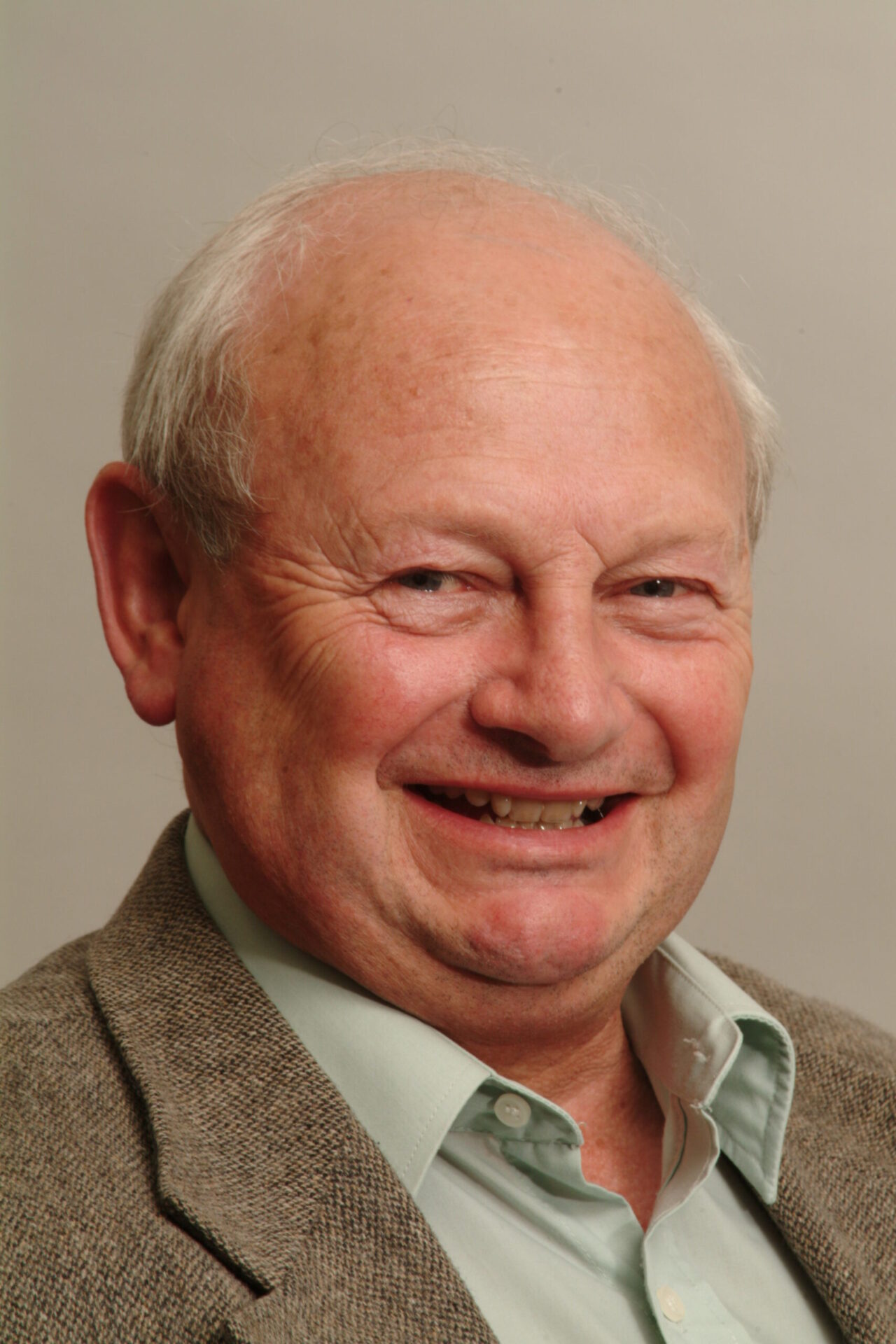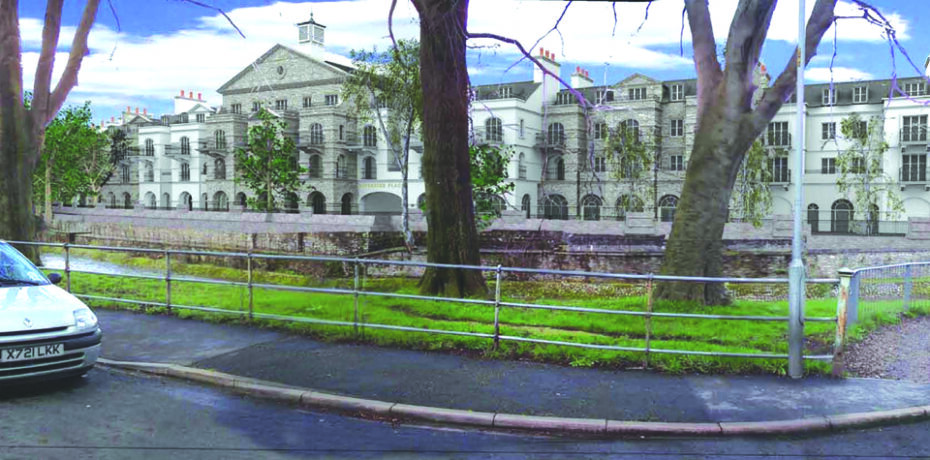Stepping back
In the first of a four-part weekly series revisiting some of the biggest factory closures in the North West in recent years, Ciara Leeming listens for the echoes of K Shoes in Kendal
FEW brands could be as synonymous with their birthplace as K Shoes was with Kendal. From its humble Cumbrian beginnings, the firm grew to become a major exporter – employing one in five Kendalians at its peak.
Yet by the 1980s, its decline had begun. Unable to compete with cheap foreign imports, K began a slow and painful withdrawal from the town.
There were successive redundancies, before production ceased altogether in 2003, with the loss of 167 jobs. Today, all that's left is a small distribution centre.
It was a crippling blow to the fragile local economy. Hard facts on its aftermath remain difficult to come by – perhaps since while K had a sentimental link with the town, its pull-out was part of a wider collapse of manufacturing in the region.
To stem the factory's decline, 400 jobs were cut in the late 1970s, management restructured and factories modernised. Clarks took over in 1981, and agreed to leave the business alone for 10 years. Once the decade had passed, management was merged and components were increasingly imported, and assembled in Kendal.
There were regular redundancies at the plant as it inevitably wound down and the final Ks came off the production line in May 2003.
Jonathan Somervell, a former K's recruitment manager whose great-great-uncle set up the firm, said: "It was devastating for the town. Three generations of many families had earned their livelihood with K. Affection for K Shoes always ran very deep in Kendal, and it still does."
The closure was no surprise. A year previously, Clarks chief executive Tim Parker met Cumbria and South Lakeland councils to spell out the scale of the problems facing the factory.
This gave them time to set up a high level task force, involving the unions and the North West Development Agency (NWDA), to examine redundancy provisions and future uses for the site.

Task force chair Cllr Jack Richardson, of Cumbria County Council, said Clarks had handled the closure well: "The company gave us reasonable notice of what they were doing. Of course it was a further disaster for the area but Clarks was prepared to put in resources to help people find employment. They didn't just walk away."
It is Parliamentary records that provide the most detailed account of the firm's demise. They show that a spate of redundancies in 1999 had officially been deemed "large scale" and prompted Employment Service officials to visit the factory on a weekly basis to speak to workers and offer advice.
Job centre vacancies were advertised within the plant, and staff were given preferential access to programmes run by the Employment Service and Enterprise Cumbria. Cumbria Careers also worked closely with Clarks, to provide counselling and a resident training advisor.
Again, in 2003, Jobcentre Plus gave K workers immediate access to employment and training programmes, and worked with Clarks and the local authority. Advice sessions were held at the factory three months before the final closure, and a jobs fair was arranged.
Detail about what happened to individual workers is anecdotal, as no research has been carried out into their whereabouts since. Derek Halliwell, 62, from Grange-over-Sands, worked at K for 30 years before taking redundancy in the late 1990s. He started as a knife-maker before moving into design and later being made responsible for "bottom stock" – the underneaths of shoes.
He said: "A number of people retired after losing their jobs. Several from the design department went to work in India. They had contacts there – that's where a lot of shoe parts were being imported from. I know at least two who moved out there to work as style developers and pattern creators.
"Some retrained. But a lot of people ended up working at Asda. Some of these people were very skilled – about 48 individual parts had to be stitched together to make every shoe.
"I'm quite fortunate because I had a small pension. I found part-time work as a handiman, and ironically in a shoe shop."
The question of job quality bothers officials. David Sykes, head of regeneration and housing services with South Lakeland District Council, said K followed a spate of job losses within the manufacturing and financial services sector.
During the six years up to 2003, almost 3,000 jobs vanished from the South Lakeland economy. Average earnings are just £16,600 per year. More than a quarter of households have gross annual incomes of below £10,000.
Sykes said: "It is not just about job numbers – it's about quality of employment. When K shut, we didn't really see much increase in benefits claimants or job claimants. It didn't manifest itself in big unemployment figures – people moved into lower paid, lower skilled work."
Somervell Brothers opened in 1842, first supplying leather components to shoemakers before moving into production. The K brand was coined early on, and its footwear was soon selling internationally. By 1976, its nine factories – mainly around Cumbria – were producing 130,000 pairs a week. But shoemaking is labour intensive and the UK struggled with high leather prices and cheap imports from overseas.
The council believes Kendal's future rests on helping local firms to thrive. Design, cultural and tourist businesses are doing well but the availablility of premises is an issue. Part of the K site was used for housing, while another section was turned into a business park, with work units used mainly by small manufacturing firms.
Another site is still undergoing a renaissance. A redundant factory on the egde of town was turned into the K Village shopping centre 12 years ago, boasting a Clarks factory outlet and a number of other stores.
But the building was in a poor state of repair and badly suited for retail, so owner Kendal Riverside launched a £100m redevelopment.
Shops have temporarily moved into the centre of Kendal, and the old plant has been flattened. Over the next few years, two underground car parks will be built, as well as 90 riverside flats, restaurants, office accomodation, and extra retail space.
The new development will boast a 5,000 sq ft heritage centre, celebrating Kendal's shoemaking history. Jonathan Somervell is playing a key part in collecting items for the museum. He said: "It is tremendously exciting. We are collecting all kinds of memorabilia people are finding in their attics and cupboards. The focus will be on connecting people with K Shoes and the employment and shoemaking. The shoemaking may have finished but the name lives on."




